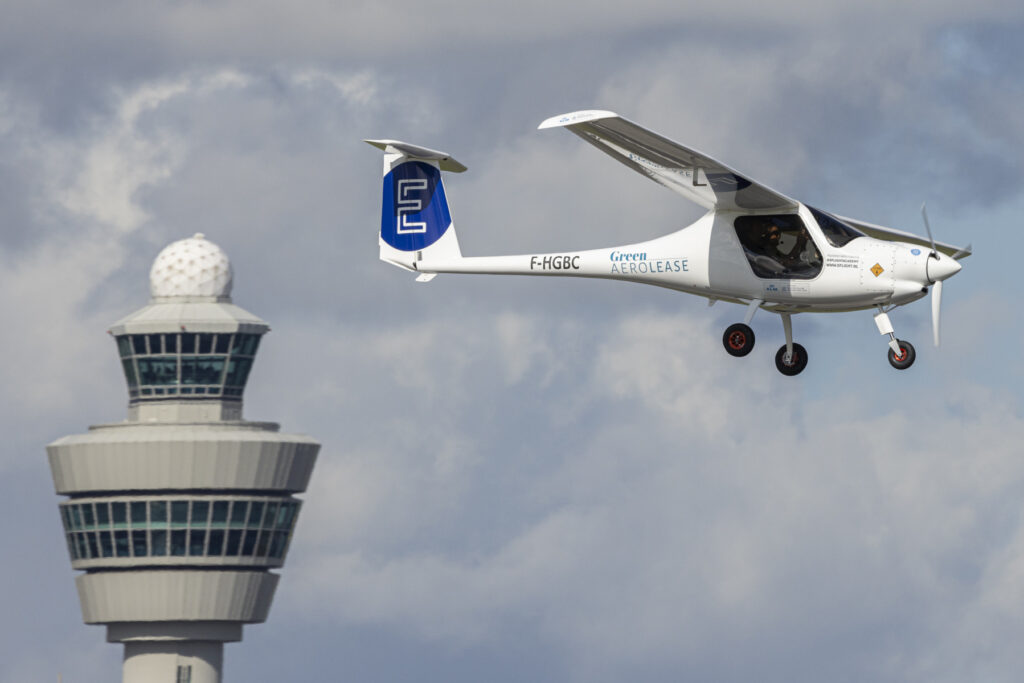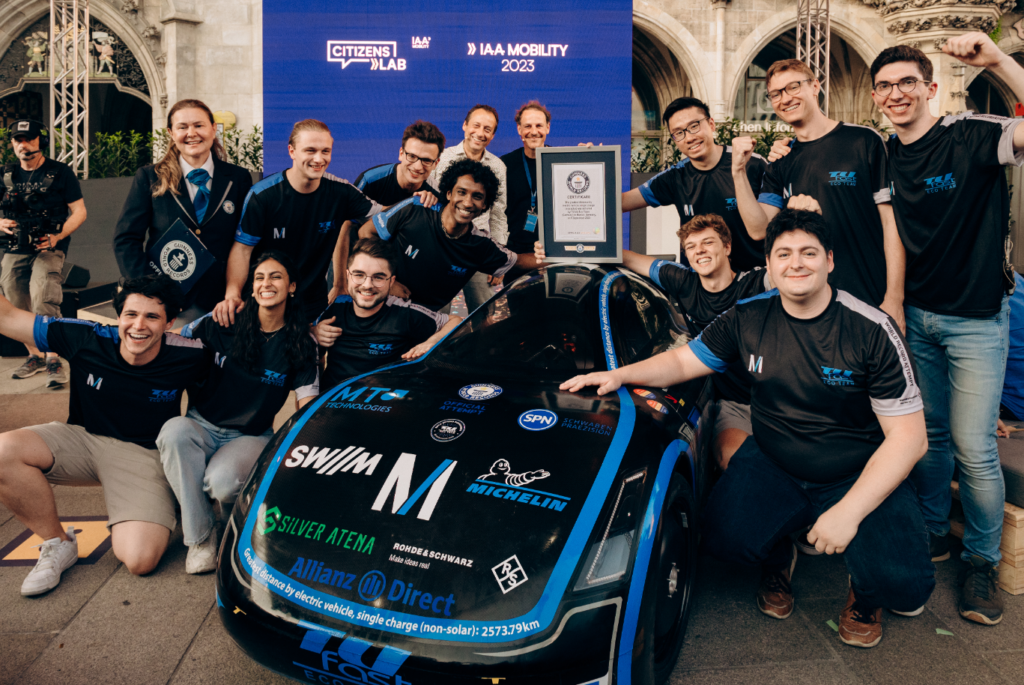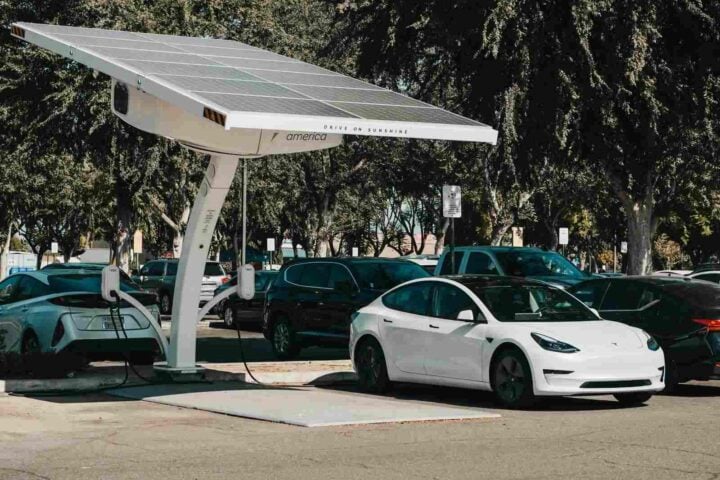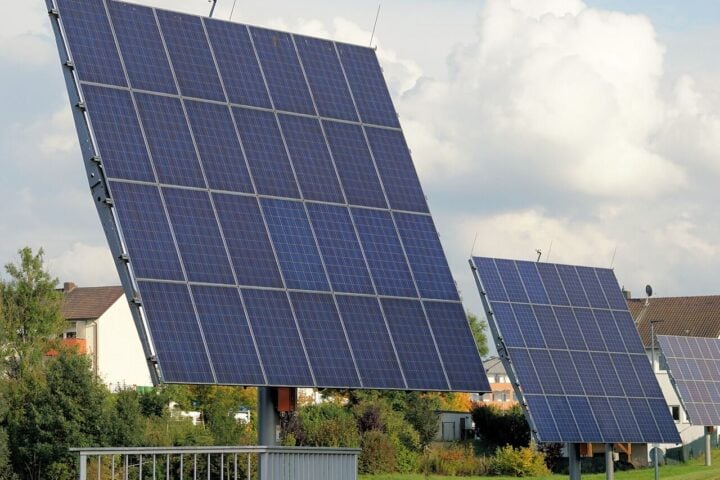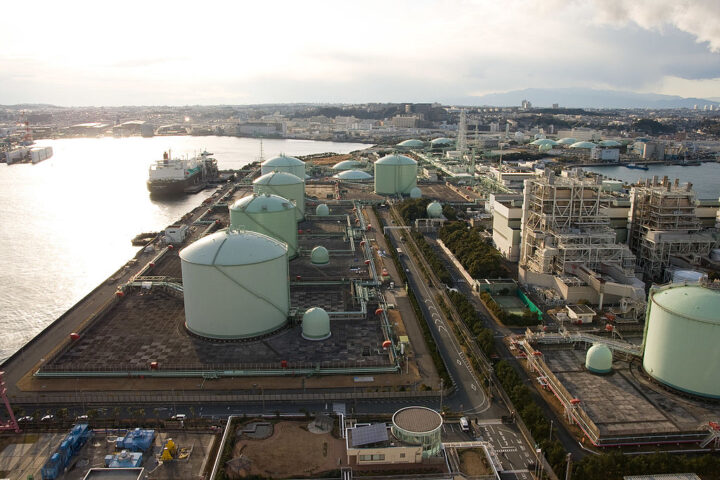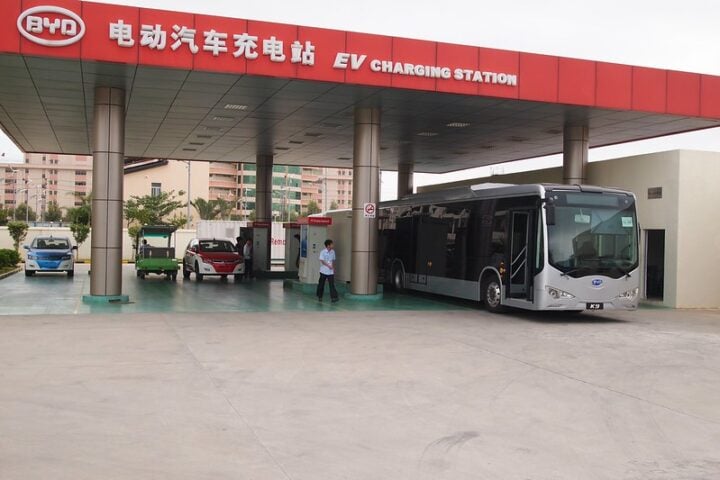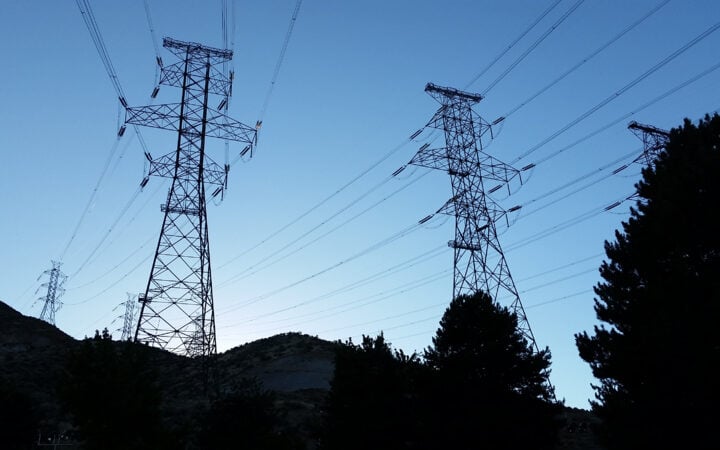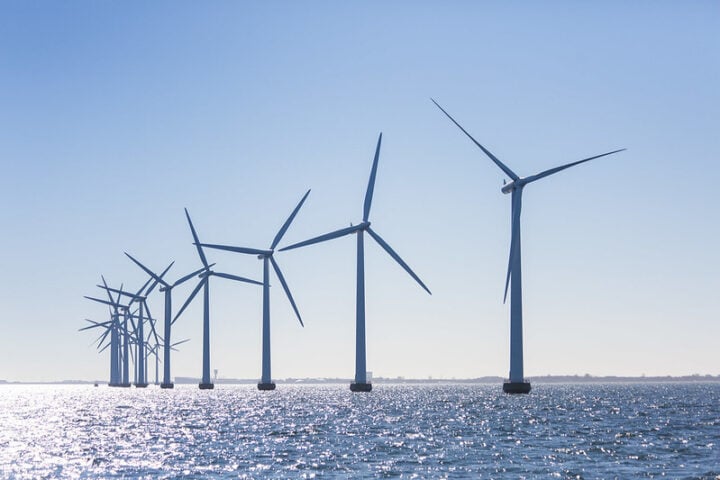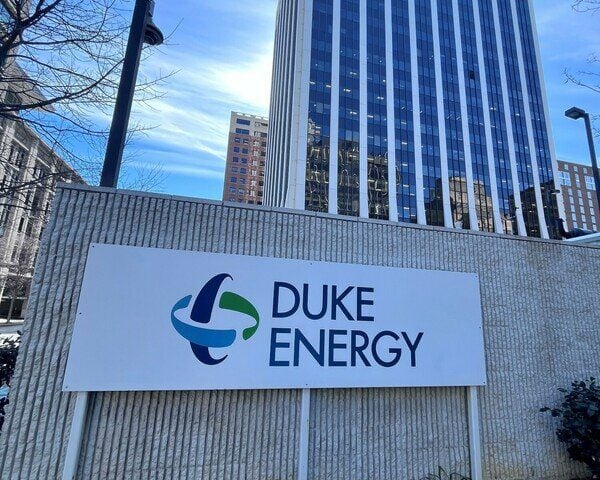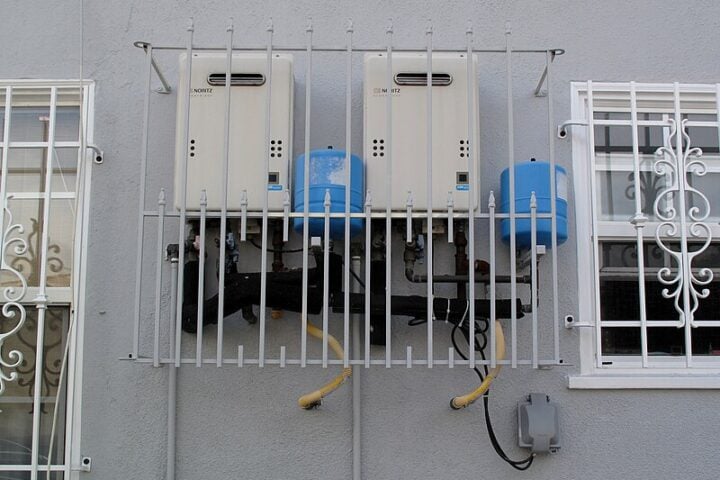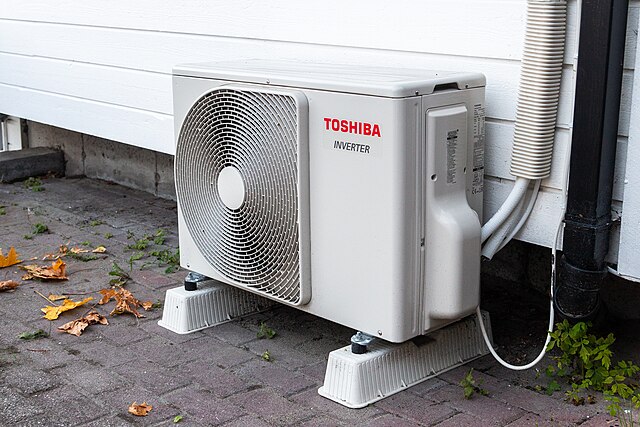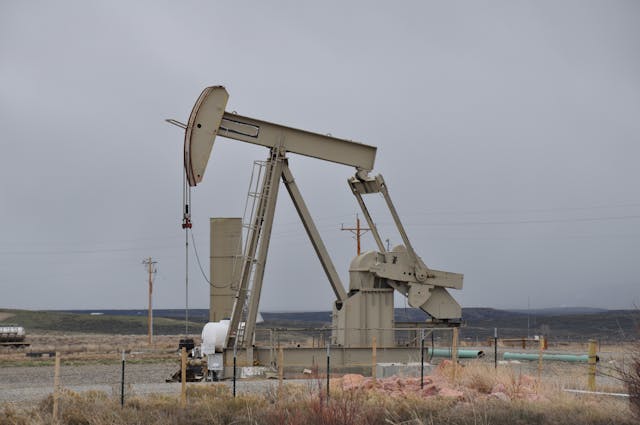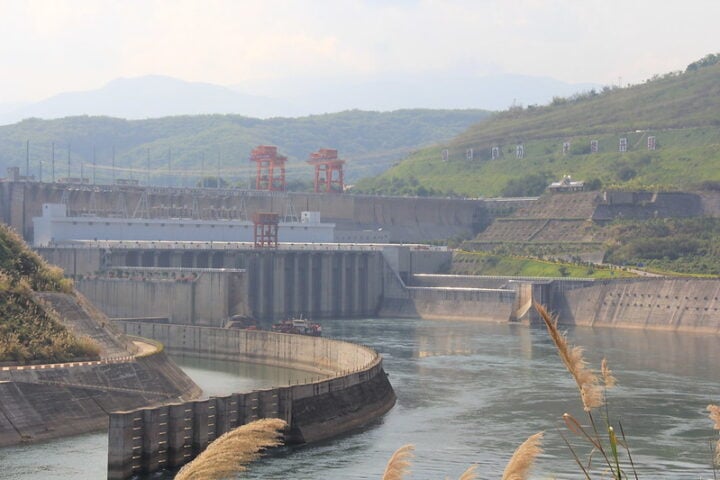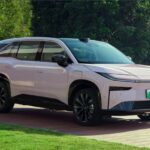Toyota and FuelCell Energy have unveiled the world’s first Tri-gen system at the Port of Long Beach, ushering in a new era of clean energy for vehicle processing facilities. This groundbreaking project is a testament to Toyota’s commitment to environmental sustainability, as it aims to power its port operations entirely with onsite-generated, 100% renewable energy.
Tri-gen is set to make a significant impact, reducing over 9,000 tonnes of CO₂ emissions annually by disconnecting from the power grid. Not only will it curb carbon emissions, but Tri-gen is also expected to eliminate more than six tonnes of harmful grid NOx emissions, improving air quality. Hydrogen-powered fuel cell trucks are set to play a pivotal role in this transformation, potentially saving over 420,000 gallons of diesel fuel each year.
The system, owned and operated by FuelCell Energy, is a prime example of hydrogen-powered fuel cell technology’s scalability, addressing global carbon emission reduction efforts. Chris Reynolds, Chief Administrative Officer at Toyota, believes that “TLS Long Beach will blaze a trail for our company” by relying solely on renewable hydrogen and electricity production. FuelCell Energy CEO Jason Few emphasized their commitment to helping customers exceed their clean energy goals.
The Tri-gen system is a multifaceted solution, producing 2.3 megawatts of renewable electricity and up to 1,200 kg/day of hydrogen to meet TLS Long Beach’s fueling needs for both light-duty and heavy-duty fuel cell vehicles. Notably, this system also generates 1,400 gallons of water daily, reducing reliance on local water supplies by approximately half a million gallons annually.
The surplus electricity produced by Tri-gen will be supplied to Southern California Edison, bolstering the local power grid’s resilience under the California Bioenergy Market Adjustment Tariff (BioMAT) program. Mario Cordero, CEO of the Port of Long Beach, recognizes the significance of renewable hydrogen in the shipping industry, as it fuels the transition to zero emissions for various equipment.
Similar posts :
This groundbreaking initiative has been years in the making, with construction completed in stages, ultimately resulting in a self-sufficient and sustainable energy platform. Tri-gen’s ability to transform biogas into electricity, hydrogen, and water, all without combustion and with minimal air pollutants, underscores its eco-friendly nature.
Tri-gen paves the way for TLS Long Beach to become one of the first entirely renewable energy-powered vehicle processing facilities in the United States. A portion of the 2.3 megawatts of renewable electricity generated by Tri-gen will support TLS Long Beach’s daily operations, which includes processing around 200,000 Toyota and Lexus vehicles annually.
The hydrogen produced by Tri-gen will be pivotal in transforming industrial haulage vehicles and fueling light-duty fuel cell electric vehicles, like the Mirai, while supporting heavy-duty hydrogen refueling stations. Tri-gen’s contribution extends beyond emissions reduction, as it also aids water conservation and addresses water supply constraints.
The partnership between FuelCell Energy and Toyota exemplifies their dedication to a sustainable future and cleaner energy production. Tri-gen sets a new standard for clean energy solutions, demonstrating the potential for renewable energy to combat carbon emissions.
This initiative aligns seamlessly with global efforts to combat climate change and highlights the essential role of hydrogen-powered technology in achieving environmentally friendly transportation. Tri-gen represents a comprehensive approach to sustainability, addressing emissions reduction, water conservation, and energy resilience.
The system’s impact extends beyond the Port of Long Beach, as its carbon-neutral products benefit the entire community. The completion of the Tri-gen system marks a significant milestone for the Port of Long Beach, which is actively transitioning to a more sustainable future.
It’s a clear indication that hydrogen-based energy solutions are not just environmentally beneficial but also economically viable. This innovative project introduces a more cost-effective and environmentally friendly alternative to existing energy sources.
The Tri-gen system’s versatility and sophistication showcase the capabilities of fuel cell technology in diverse applications. Toyota’s investment in Tri-gen is not just a commitment to reducing its carbon footprint but also a testament to the economic and environmental viability of hydrogen-based energy.
The system’s impact is poised to extend far beyond the shores of the Port of Long Beach, with potential applications in various industries. FuelCell Energy’s success with the Tri-gen system underscores the growing importance of hydrogen as a clean and scalable energy source.
This project provides a glimpse into a future where renewable energy powers critical infrastructure and reduces the environmental impact of industrial operations. Tri-gen’s ability to reduce CO₂ emissions, eliminate harmful pollutants, and conserve water resources aligns perfectly with the urgent need for sustainable solutions.
The Tri-gen system’s completion is not just a milestone but a harbinger of a cleaner, greener future in which renewable energy sources play a pivotal role in reducing our carbon footprint.

